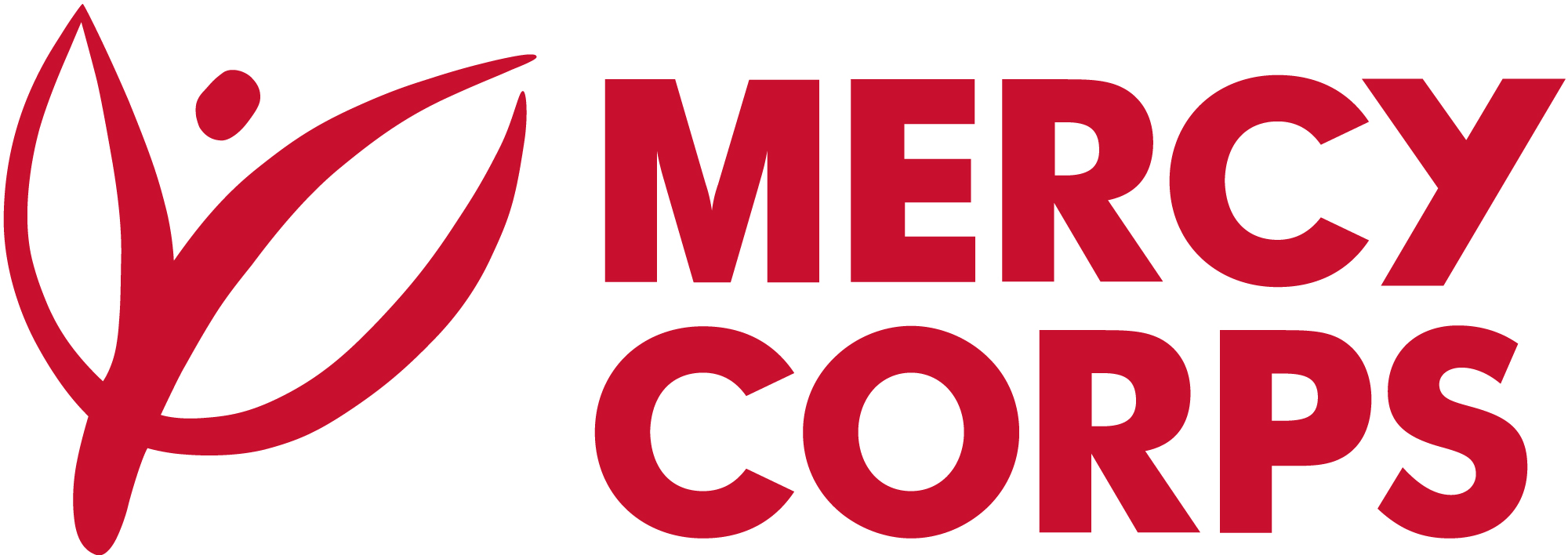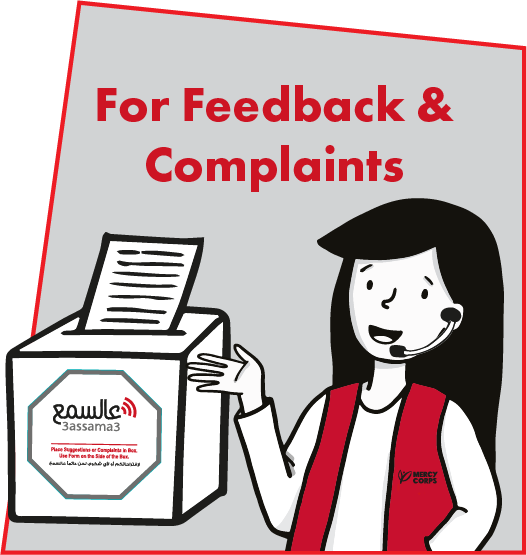Key Takeaways:
- The Lebanese lira continued to experience significant depreciation during the final two months of 2021, pushing towards 30,000 and further reducing the purchasing power of the population, driving many more towards a dependence on humanitarian assistance and remittances. The minimum wage of 675,000 LBP now reflects less than 25 USD per month in dollar value – a fraction of the value of the Survival Minimum Expenditure Basket (SMEB).1 The continuing dive appeared to be exacerbated by new Banque Du Liban (BDL) policies, notably Circular 601, with subsequent efforts being implemented by BDL to stabilise the decline in late December.
- Exacerbating the impact of depreciation-driven inflation was the continuing staggered removal of BDL foreign exchange subsidies on critical household goods throughout 2021, which were reflected in price increases in November and December 2021 for fuel and medicine, in particular.
- December saw indications of a potential consensus on Lebanon’s top-line banking sector losses among Lebanese authorities, a positive step forward on one of several pillars to be addressed ahead of any agreement on an International Monetary Fund (IMF) support package to Lebanon. However, significant obstacles remain.
- On December 8, Lebanon’s Labor ministry announced an amendment to labor restrictions on Lebanon born but non-Lebanese citizenship holding individuals – affecting protracted Palestinian refugees for the most part. While a hugely positive step forward towards equitable employment opportunities for an economically marginalised portion of the resident population, a number of obstacles to the successful roll out of the new policy remain.
- Government service delivery continued to deteriorate throughout the reporting period. State electricity provision continued to be historically low in the last two months of the year, averaging less than 5 hours per day. The telecommunications sector continues to struggle to provide phone and internet services throughout the country, and the Minister of Telecommunications warned of a country-wide service outage in the face of a major fiscal shortfall.
- In positive news, some progress was seen on two critical social protection mechanisms expected to be rolled out in 2022. Registration began in December for the Emergency Social Safety Net (ESSN) project (fully funded by the World Bank) and the government Ration Card program (to be cost shared between the WB and government) with 355,310 applicants registered in the first month. The ESSN is expected to begin in March 2022, while the Ration Card program is currently unfunded, but with some expectation that Lebanon’s Special Drawing Rights (SDR) allocation will be used to support it.
By Crisis Analytics Team, Mercy Corps Lebanon



